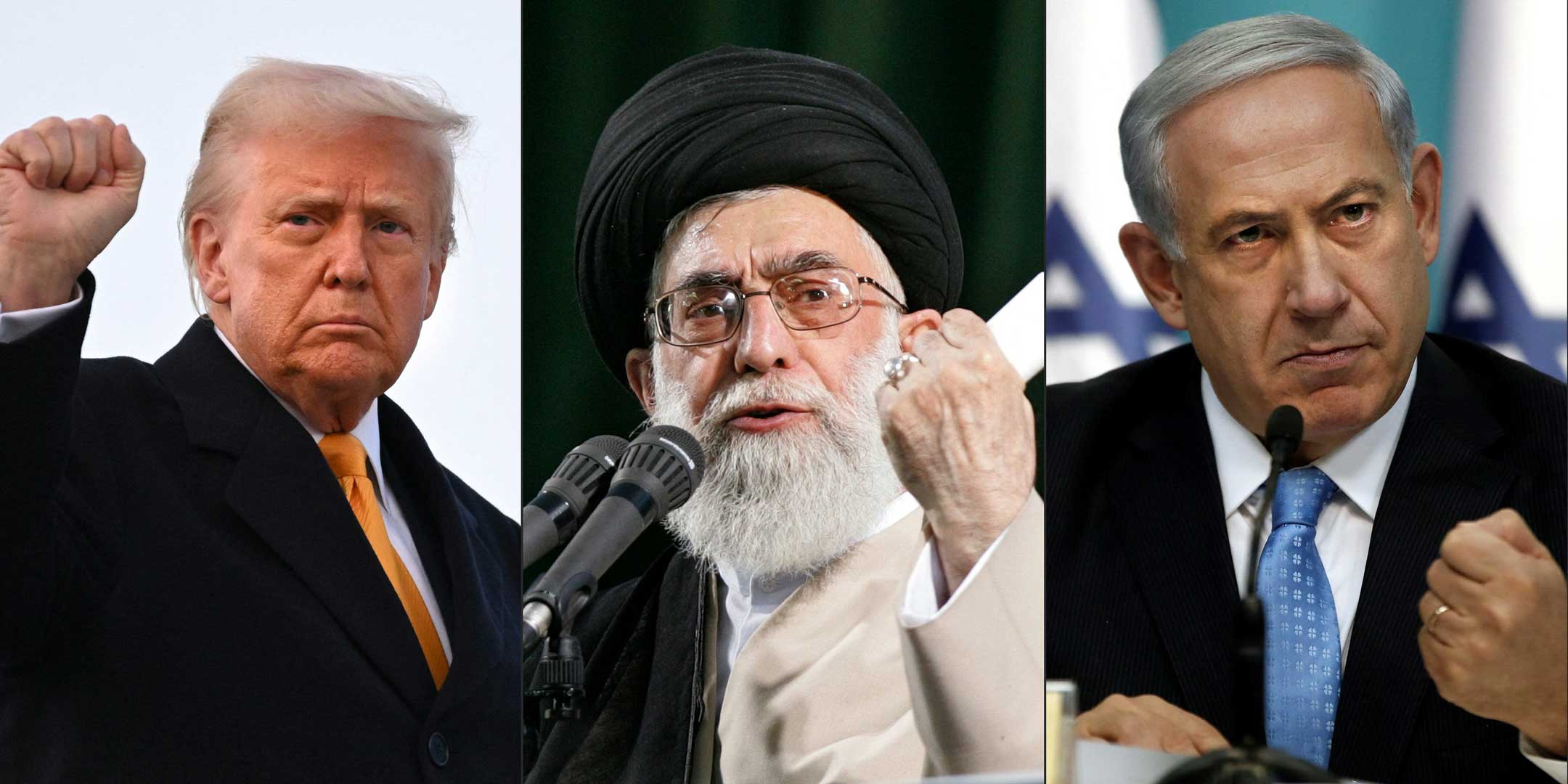The Iranian regime"s recent actions are escalating tensions with the United States and its allies. Tehran has largely suspended cooperation with international nuclear inspectors, inviting speculation about its nuclear ambitions.
Last week, Australia expelled Iran’s ambassador, citing intelligence that implicated the Iranian government in a violent attack on a synagogue in Melbourne and a kosher food company in Sydney. Concurrently, the head of the United Nations nuclear watchdog has reported increased security measures due to threats originating from Iran. Additionally, Iran-backed Houthis have raided the offices of international humanitarian organizations in Yemen, further destabilizing the region.
Inspectors from the International Atomic Energy Agency (IAEA) have been denied access to critical facilities since Iran"s nuclear program has gone largely unmonitored. While they visited the active Bushehr reactor recently, they were not permitted to assess the aftermath of strikes on facilities linked to Iran"s nuclear capabilities, including those targeted during Operation Midnight Hammer. The regime"s ongoing stonewalling raises concerns about its stockpile of highly enriched uranium, which has not been accounted for.
The implications of Iran"s actions could lead to heightened military responses from the U.S. and its allies. Experts suggest that a return to negotiations regarding Iran"s nuclear program is essential for de-escalation. Without transparency and cooperation, the risk of conflict remains a pressing concern. For more on related developments, see previous reports on geopolitical tensions.

Image for Iran"s Nuclear Stonewalling Escalates Tensions with U.S. and Allies


![[Video] Heavy clashes and gunfire reported in Baghdad, Iraq](/_next/image?url=%2Fapi%2Fimage%2Fthumbnails%2Fthumbnail-1768342239932-848qsh-thumbnail.jpg&w=3840&q=75)




![[Video] Gunfire between Iraqi security forces and Sadr militias in Baghdad](/_next/image?url=%2Fapi%2Fimage%2Fthumbnails%2Fthumbnail-1768343508874-4redb-thumbnail.jpg&w=3840&q=75)
